Thoracic Medicine
We have Thoracic Medicine services located at both the Royal Bournemouth and Poole hospitals.
The Royal Bournemouth Hospital

The Department of Thoracic Medicine is a self-contained unit providing a wide range of diagnostic services and ongoing management of conditions affecting the lungs including asthma, Chronic Obstructive Pulmonary Disease (COPD), lung cancer, bronchiectasis, tuberculosis, and more unusual conditions.
The unit was refurbished in 2000 through funding from the Bournemouth Charitable Trust which is a charity that supports services for people with lung problems in the local area.
The department is led by four consultant chest physicians who are supported by a team of junior doctors, specialist nurses, physiotherapists, and respiratory physiologists.
Poole Hospital
The Respiratory Department provides a comprehensive service to the local population, including both inpatient and outpatient services for most respiratory conditions. These include:
- lung cancer
- COPD
- asthma
- respiratory infections including pneumonia
- pleural effusion
- pulmonary fibrosis
- sarcoidosis
- pneumothorax
- pulmonary embolism
- bronchiectasis
- obstructive sleep apnoea
- tuberculosis
The department has a well-equipped lung function lab which provides a wide range of tests to help assess breathing disorders and sleep apnoea.
The team provides a rapid access, fast-track service for patients with suspected lung cancer and have full interventional bronchoscopy, endobronchial ultrasound and medical thoracoscopy available.
Patients referred for investigation of obstructive sleep apnoea (OSA) should be aware that although they may be investigated and receive a diagnosis at Poole Hospital, they will currently require referral to Blandford for treatment with a CPAP breathing machine if recommended.
The main respiratory ward at Poole Hospital is A4 (Arne Ward), although patients may also be located on other wards depending on bed capacity.
Please click here for the Dorset Adult Integrated Respiratory Service (DAIRS) page.
Meet the consultant team
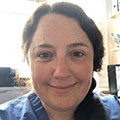 |
Lead consultant Dr Lucy Rigge BM |
Qualified University of Southampton, 2006 |
 |
Dr Simon Crowther MBBS FRCP | Qualified Guy's Hospital, London 1989 |
 |
Dr Chris Davies MD | Qualified University of Birmingham 1990 |
 |
Dr Sahantha De Silva MBBS | Qualified St Georges Hospital Medical school, London, 2001 |
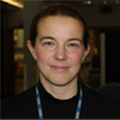 |
Dr Dawn Edwards MBBS | Qualified University of London 2003 |
 |
Dr Lauren Fox | Qualified University of Sheffield, 2010 |
 |
Dr Samreen Hamid | Qualified King's College London, 2011 |
 |
Dr Emma Kinsella MB BCh | Qualified Cardiff University, 2011 |
 |
Dr Diane Laws MBBS BSc FRCP | Qualified Charing Cross and Westminster Medical School 1991 |
 |
Dr David Morgan BM, MA, FRCP | Qualified Southampton University, 1997 |
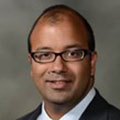 |
Dr Ravi Punwani MBBS, BSc (Hons), FRCP Edin, MD (res) | Qualified Guys and St. Thomas's Medical School |
 |
Dr Nilu Ranaweera MBBS, BSc (Hons) | Qualified St George's Hospital, London 2006 |
 |
Dr Timothy Shaw DM MA MB BChir FRCP | Qualified Cambridge University Medical School 1995 |
 |
Dr Jo Stringfellow BM | Qualified University of Southampton 2010 |
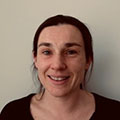 |
Dr Victoria Wells BM | Qualified University of Southampton, 2007 |
Lung Cancer Screening Assessment
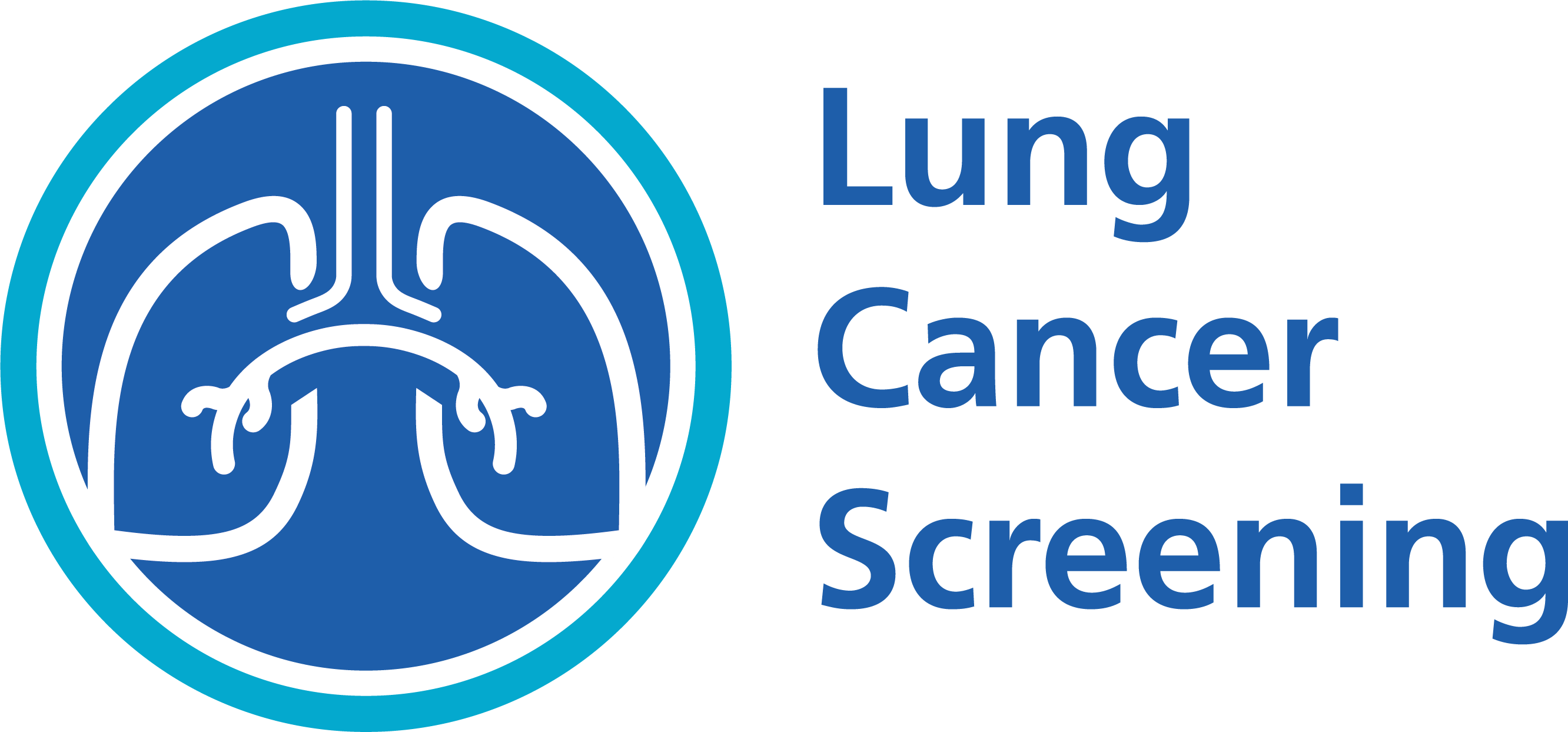
We are currently inviting people from Weymouth and some areas of North and East Bournemouth for Lung Cancer Screening Assessments. We will keep you posted as we roll out the programme more widely in Dorset.
If you are aged 55 to 74, and are registered with a Dorset GP and are a current or former smoker, you will be invited to have a Lung Cancer screening assessment (excluding patients who are on end-of-life treatment or who have lung cancer or lung metastases, within five years of diagnosis).
You will be invited to attend a Lung Cancer Screening appointment even if you feel fit and healthy and currently have no lung problems, or if you currently have a lung condition.
Lung Cancer Screening Assessments are a really important check-up of the overall health of your lungs and can spot any early signs of lung problems, often before you notice anything is wrong. This means that, if lung cancer, or another problem with your breathing or lungs is found at an early stage, treatment could be simpler and more successful.
What will happen at my lung cancer screening assessment?
The Dorset Lung Screening service is being run by specially trained nurses from Dorset County Hospital. If you qualify for a lung cancer screening assessment, you will be offered a risk assessment either over the telephone or at a clinic near the locality of your primary care network.
The nurse will ask you some questions about your current and past medical history, family history, daily lifestyle and overall lung health.
If you are deemed as low risk of developing a lung cancer, you will routinely be recalled every 2 years to review your assessment.
If you are deemed as high risk, the nurse may talk to you about having a low dose CT scan of your lungs. If you are invited to have a scan, you will be given an appointment for this on a separate day at either University Hospitals Dorset (Poole), Dorset County Hospital or Weymouth Community Hospital.
Once you have had an initial CT scan under the Lung Cancer Screening Programme, you will be invited routinely every 2 years for follow up scans to monitor your lungs, unless you age of the programme.
If you have a scan, you will be contacted with the results and any follow up advice either via a telephone call and/or letter. Your GP will also be made aware of the results.
How do I book my appointment?
When Lung cancer screening assessments are being offered to your GP surgery, you will receive a text message from them ensuring that your contact details are up to date and informing you that you may be eligible for an assessment.
If you qualify for a Lung cancer screening assessment, you will receive a brief telephone call with the Lung cancer screening Team to book an appointment on a day and time that suits you.
If your assessment at the clinic or over the telephone suggests that a lung scan would be helpful, you will be given a separate appointment for this. If you are unable to attend for any reason you will need to call the CT appointment office to rearrange your appointment.
Whether you are eligible for a Lung cancer screening assessment or not, it is really important to look after your lungs by being active, stopping smoking, eating healthily and telling your GP about any of the following symptoms that are unusual to you, such as:
- a persistent cough or change in your normal cough – please note, if you have any of the main symptoms of coronavirus (a new continuous cough, a high temperature, or a loss or change to your sense of smell or taste) visit the NHS website for advice or call 111 if you cannot get help online. However, if your cough isn't COVID and lasts three weeks or more please see your GP;
- coughing up blood;
- being short of breath;
- unexplained tiredness or weight loss;
- an ache or pain when breathing or coughing;
- appetite loss.
New symptoms always need checking even if you have had a lung cancer screening assessment.
Useful links
The following websites provide information that you may find useful.
- LiveWell Dorset - smoking cessation
- NHS: NHS stop smoking services
- Wessex Cancer Alliance: Targeted lung health checks
- Cancer Matters Wessex
- Roy Castle Lung Cancer Foundation: What are lung health checks?
- Cancer Research UK: Lung health checks









